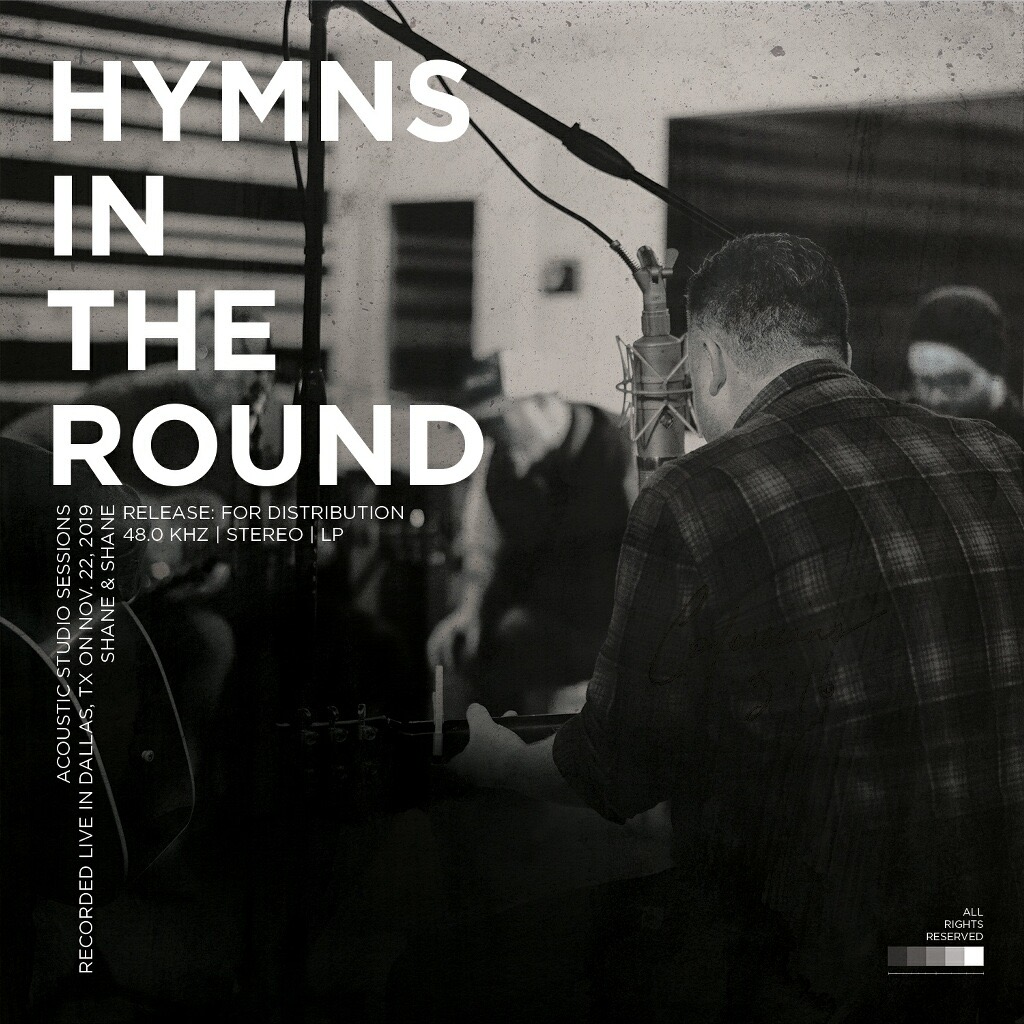
CityAlight
Ancient of Days
Ancient of Days
Be faithful unto death, and I will give you the crown of life. –Revelation 2:10
His head was delivered on a platter. This was not just any head, and this was not just any platter.
The head belonged to the greatest man ever born of woman, according to Jesus (Matthew 11:11). This man was God’s servant sent to prepare the way for God’s own Son. This man was the prophet like Elijah, the voice crying out in the wilderness, the one who unrolled the red carpet for the Messiah himself.
And the platter was a king’s platter. Herod, Rome’s puppet king of Israel, first began to despise the prophet when he disapproved of his recent marriage. He had fallen in love with the wife of his own brother. After they both divorced to be together, the man of God told him plainly, “It is not lawful for you to have her” (Mark 14:4). Herod did not appreciate this assessment and threw the prophet in jail — and would have killed him then but for the prophet’s esteem in the eyes of the masses (Mark 14:5).
Great Man Gone
The wicked execution transpired at Herod’s birthday party. His step-daughter, from the unlawful marriage, greatly pleased Herod as she danced, and he promised with an oath to give her whatever she wanted. What did she want? Prompted by her mother, still upset with the prophet’s assessment, she announced, “I want you to give me at once the head of John the Baptist on a platter” (Mark 6:25).
When Herod heard this, he trembled, but not enough to break his word. So, he gave the command, and the head returned on a platter. The head came to Herod, who handed it to the girl, who handed it to her mother. John’s disciples came and recovered the body and placed it in a tomb. And with that, the greatest man yet born of women, was gone.
Where Is God?
The life of one of God’s premier servants ends at the king’s lustful glance and impulsive oath and the wicked whim of his adulterous woman. This doesn’t seem like part of the strategic plan. This is plainly God’s man, after all. How could it end like this? How could his disciples take the headless body of their prophet and not wonder, Where is God?
In all of our own confusion about the baffling evils around us, with all of our heartbreak at the death of a child, when all we expected passes through our eyes as sobs, we can be tempted to wonder as well, Where is our God?
Most Bewildering Sight
To all our questions God gives another answer that stood as the most perplexing to man: the death of God’s own son. He hung there on a Roman cross between two thieves. This was not a normal man, and his was not a normal death.
Yet the unthinkable had been prophesied:
Why do the nations rage and the peoples plot in vain? The kings of the earth set themselves, and the rulers take counsel together, against the Lord and against his Anointed, saying, “Let us burst their bonds apart and cast away their cords from us.” (Psalm 2:1–3)
The anointed was Jesus, and the nations raging were Pilate, servant of Rome, and Herod, puppet-king of Israel, and the people. How would the God of the universe respond to the most unimaginable horror in human history? With fret, with anxiety? Had he been cornered or outmaneuvered? He had not.
He who sits in the heavens laughs; the Lord holds them in derision. Then he will speak to them in his wrath, and terrify them in his fury, saying, “As for me, I have set my King on Zion, my holy hill.” (Psalm 2:4–6)
The God of Scripture, the Ancient of Days, ruler from everlasting to everlasting, is not worried about his seeming opposition and most vocal detractors. He allows their folly, for a time. Suffering, especially of his Beloved Son, does not disprove that God is in control even when man’s intellect says, this cannot be. He still reigns. And does precisely through providentially arranging the joys and sufferings of his peoples.
For his people, this means hope conquers heartbreak, though it may linger. Joy will always follow the night, and all our tears will turn to triumph. Jesus can make audacious promises, like “Be faithful unto death, and I will give you the crown of life” precisely because he is not only the king of this world, but the next. Will we trust him?